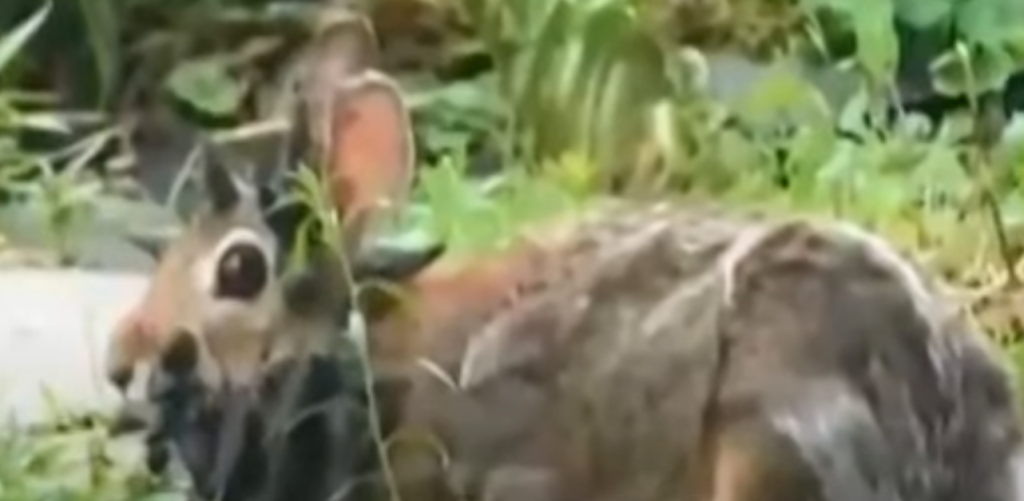What’s Behind the Horns on Rabbits in Colorado? Scientists Weigh In
Others are reading now
Strange stories often spread fast on social media, especially when animals look like they belong in a horror film.
Recently, some residents in Colorado were shocked to see wild rabbits with horn-like growths on their heads.
Photos of the animals quickly circulated online. Some people joked about them being “zombie rabbits,” while others admitted the sight left them unsettled.
What Experts Say
The unusual appearance has a scientific explanation. Wildlife experts say the rabbits are infected with a virus known as the rabbit papillomavirus, or Shope virus, according to WP.
This virus is passed on by insects like mosquitoes and ticks. Once infected, the rabbits can develop black, crusty bumps that sometimes grow large enough to resemble horns.
Also read
The condition looks alarming, but it is not as dangerous as it seems.
According to Colorado Parks and Wildlife, the infection usually does not cause serious harm.
Most rabbits manage to survive and live normally. The main risk occurs when the growths interfere with eating or drinking.
In most cases, the bumps eventually go away on their own, leaving the animals healthy again.
No Danger
Experts also stress that the virus cannot spread to other species. Humans and pets are safe from infection.
Also read
Still, people who keep rabbits as pets should be cautious. If domestic rabbits spend time outside, they could be exposed to insects that carry the virus.
For that reason, veterinarians recommend keeping pet rabbits indoors during peak mosquito and tick seasons, which are late summer and fall.
The first report of these strange-looking rabbits came on August 8th from a resident in Fort Collins.
Since then, more than a dozen sightings have been shared with Colorado Parks and Wildlife.
The agency says the number of cases tends to rise in warm months because insects are most active.
Also read
For now, the sight of horned rabbits might cause concern or even inspire spooky comparisons online, but experts say the animals are not dangerous.


